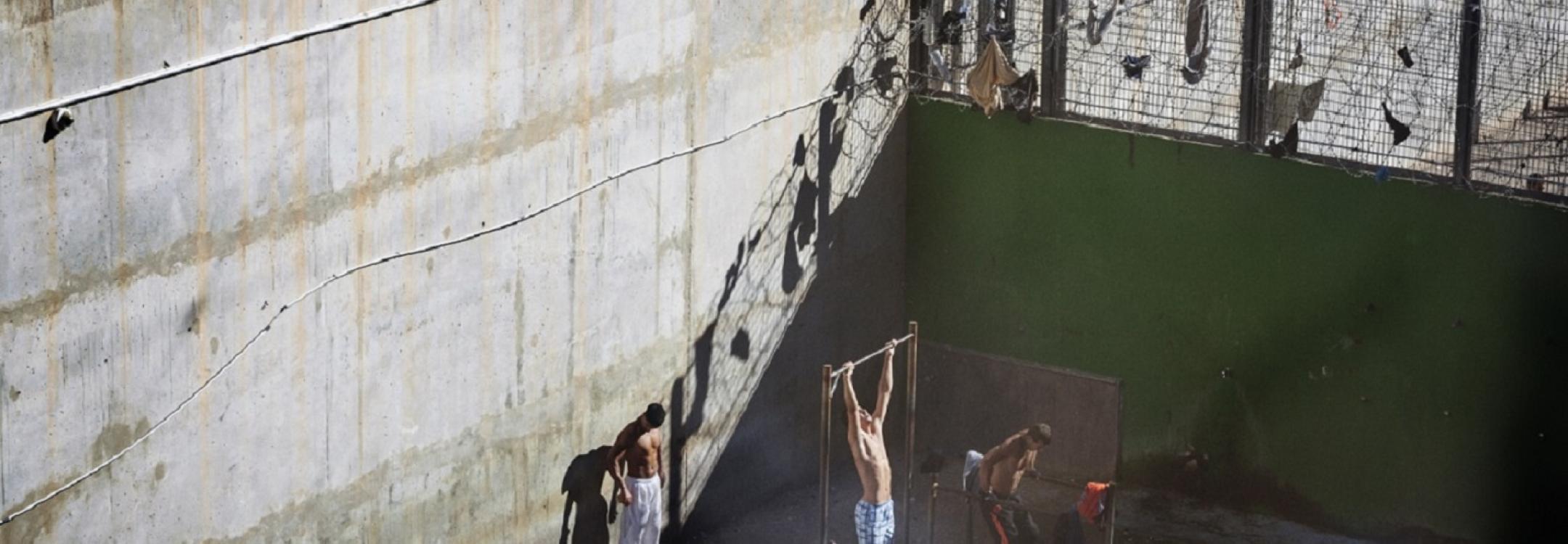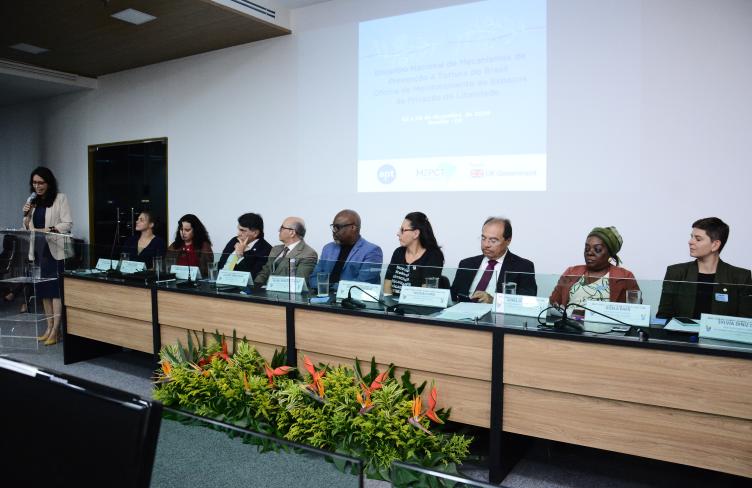
In March 2018, the APT conducted a three-day workshop on detention monitoring for 25 staff of the recently renewed Mexican National Preventive Mechanism (NPM) within the National Human Rights Commission (NHRC). This was the occasion for the APT to walk the NPM’s new staff through the main steps of a preventive visit, and to reaffirm the importance of unannounced visits as part of the NPM mandate.
The training took place in the framework of the Memorandum of Understanding the APT signed with the NHRC in September 2017, which launched a programme of support in the field of torture prevention and in particular on strengthening the NPM’s capacities to monitor detention. During the workshop, the APT team discussed in detail the different steps involved in the conduct of a preventive visit to a place of detention, including preparation and follow-up, and accompanied the NPM to visit a place of detention as an observer to the monitoring team.
The workshop was held at a timely moment given the profound changes to the NPM structure and staff introduced by the recent adoption of the General Law against Torture in June 2017. After operating for ten years under the “Third Visitation” department of the NHRC, the NPM is now responding directly to its President. New Directors and staff were also contracted to perform the NPM duties, and the APT accompanied the process from the start, with a first training session on detention monitoring in January 2018.
APT’s visit to Mexico also coincided with the selection of the four members of the NPM’s Technical Committee by the Mexican Congress. The Technical Committee is the governing body of the NPM and is one of the main innovations introduced by the General Anti-Torture Law. It includes, for the first time, civil society representatives and is chaired by the NHRC Chairperson who, at the end of the workshop, reaffirmed that unannounced visits should be at the heart of the NPM.
For more information on:
- Our work in Mexico, please click here
- Mexico’s implementation of the Optional Protocol to the UN Convention against Torture (OPCAT), please access our OPCAT Database


